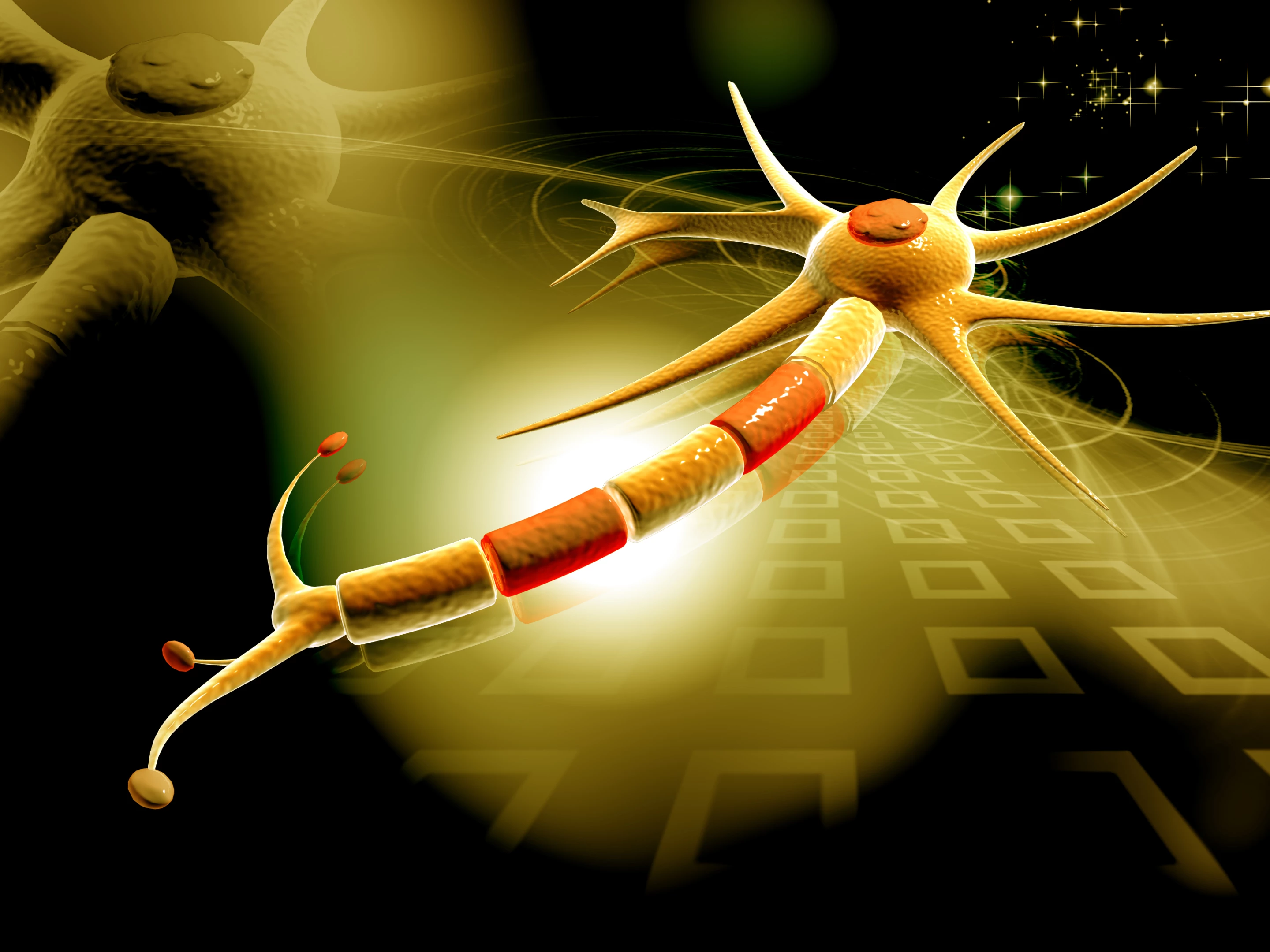Effective targeted treatment of multiple sclerosis (MS) and even the repair of damaged nerves caused by the disease could soon be within grasp, thanks to yet another breakthrough in the field of small molecule drug research.
Researchers led by a team at Canada’s Centre for Addiction and Mental Health (CAMH) have focused their work on a small molecule drug that targets the glutamate receptor AMPA, and results from the study show great promise in its new approach to treating MS.
Working with three newly synthesized compounds, one stood out – now known as ZCAN262 – which both reduced MS-like symptoms and showed promise in repairing myelin in two different animal models.
“Our compound had a stunning effect on rescuing myelin and motor function in the lab models, and I hope these effects will translate to the clinic to add to current treatments and bring new hope to patients with MS,” said Fang Liu, who has been researching MS treatment for more than a decade.
Affecting more than three million people, MS is a degenerative neurological disease that has a broad cache of increasingly debilitating symptoms including coordination and cognition decline, muscle weakness, incontinence, depression and paralysis.
The key mechanism of the disease is the erosion of the protective myelin sheath that surrounds nerves in the brain and spinal cord. Currently, drugs target the immune system to combat inflammation that’s thought to be the trigger behind the myelin degradation.
“MS has traditionally been considered an autoimmune disorder in which CD4+ T cells target myelin, leading to inflammation that causes demyelination and white matter lesions throughout the nervous system,” noted the study. “With autoimmunity as the presumed pathophysiology of MS, the development of treatments for MS have focused on modulating the immune system.”
Another approach, they argue, is to consider MS as primarily or initially a neurodegenerative disorder, and the death of neurons releases myelin, triggering a secondary autoimmune reaction.
With this in mind, Liu and team have built on earlier research and pinpointed a small molecule compound that has shown to be effective in combatting MS in two different animal models.
“Our group previously found that protein interactions involving the GluA2 subunit of AMPA receptors were involved in regulating excitotoxic cell death, and disrupting these interactions reduced neurological deficits, demyelination, and axon damage in EAE mice,” the study noted. “Clearly, the evidence points to ionotropic glutamate receptors as a target for neuroprotection in MS.”
While inhibition of the AMPA and NMDA glutamate receptors was able to restore neurological deficits in a rodent model, they have previously also come with serious side effects. This new compound demonstrated it could target sites to regulate AMPA function, delivering neuroprotection without otherwise impacting the central nervous system.
“In all my years as a medicinal chemist, I have never seen a more promising starting point for a drug development project,” said Dr Iain Greig, from the University of Aberdeen, who is now working with Liu’s discovery to develop a drug that can be taken to human trial. “I am looking forward to continuing to drive it towards to the clinic.”
Next, more preclinical research including a thorough investigation of safety and stability will be undertaken. However, patents have been filed on the studies and the team is expecting to be able to take its work to human trial over the next few years.
“The lead candidate has potent effects in restoring neurological function and myelination while reducing the immune response in experimental autoimmune encephalitis and cuprizone MS mouse models without affecting basal neurotransmission or learning and memory,” the researchers reported.
Meanwhile, the first-ever adaptive clinical trial for Australians with progressive MS will begin in January, with the multi-medication testing aiming to reverse neurological damage that’s caused by this form of the disease. Around 40% of MS sufferers live with this complex progressive form that is characterized by relentless, ongoing neurodegeneration.
“We hope this will lead to positive trial outcomes that are readily translatable into practice, providing new hope for improved care for people with progressive MS in Australia and beyond,” said Dr Julia Morahan, MS Australia’s Head of Research.
The study was published in the journal Science Advances.
Source: CAMH





